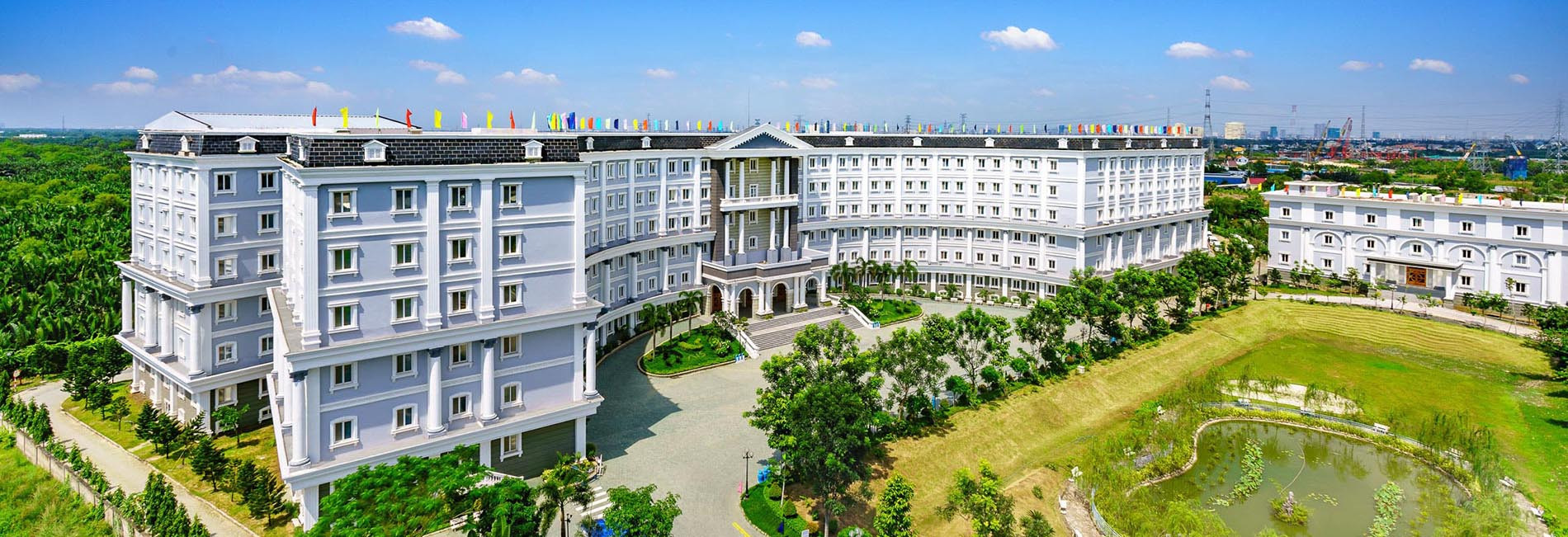
Hundreds of parents who have children studying at the American International School Vietnam (AISV) cannot claim their money back from the school. They have realized that the school has mobilized hundreds or thousands of billion of dong from parents.
Many international schools, mostly privately owned, seek capital this way. Instead of accessing bank loans, school management boards borrow money from parents. They don’t have to pay interest on the money from parents, but offer free tuition.
In the case of AISV, the school’s management board and parents sign credit contracts, under which parents agree to lend money, converted to US dollars, to the school (from several billion to VND15 billion).
The contracts are valid until the day students finish their training programs at the school. Under the contracts, AISV has the obligation of returning the money to parents within 30 days after the day students finishes the 12th grade.
If the school is late in getting money back to parents, they have to pay the principal and interest as negotiated, but also the fine for late payment. In exchange for the lent money, parents do not have to pay tuition for their children during the time they study there.
Sources said that 90 percent of parents have paid the school enough for their children to study there until they finish the 12th grade under two forms, including credit contracts and agreements on capital contribution. In other words, AISV has mobilized VND3.2 trillion from parents so far.
AISV is not alone. Many other international schools in HCM City seek capital from parents. The International School of North America (SNA), for example, is running a program allowing parents to pay tuition two years in advance to enjoy a discount rate of 20 percent. The figure is 30 percent if they pay tuition three years in advance, 40 percent for four years and 50 percent for 5-12 years in advance.
With the discount rates, parents can save up to billions of dong for their children’s study compared with the current tuition of VND514-803 million per annum. If parents pay tuition 5-12 years in advance, the tuition they have to pay will be halved.
Meanwhile, the US Vietnam Talent International School (UTS) offers a financial investment package which exempts 100 percent of tuition if parents invest at least VND2 billion.
In Hanoi, the Dewey school chain which sets tuition of VND300-560 million is encouraging parents to pay tuition for many semesters at once. Parents can pay tuition in advance to be able to get scholarships, or enjoy special deductions. The tuition levels applied to these students won’t change if their parents pay tuition for more than two years in advance.
The risks
The tuition programs have attracted a lot of parents. They are willing to pay tuition some years in advance because they can enjoy attractive discount rates. Also, the tuition applied to their children will not change during the studying time at the schools (the tuition of international schools increases year after year if parents pay every year).
According to experts, this capital mobilization model, first appearing 15 years ago, was called the investment package for education. The investment package is a credit relation, in which schools, or borrowers, borrow money from parents, rather than from commercial banks.
The special characteristic of the investment package for education is that schools collect tuition before they provide services, or students pay tuition before they study.
Lawyer Dang Van Cuong from Chinh Phap Law Firm said that current laws don’t include any provision on prohibiting schools from borrowing money from parents.
Vietnamese laws allow enterprises to seek capital from different sources and under different modes, including borrowing from institutions, individuals and commercial banks.
The borrowing is done on a voluntary basis, provided that borrowers must use the capital for the right purposes and observe the obligations agreed to by both parties.
Cuong said that non-public education establishments operate as joint-stock companies, and therefore, have the right to seek capital under the form of capital contribution and other legal forms. This is a kind of cooperation between school and parents for mutual benefit.
Thuy Nga - Le Huyen